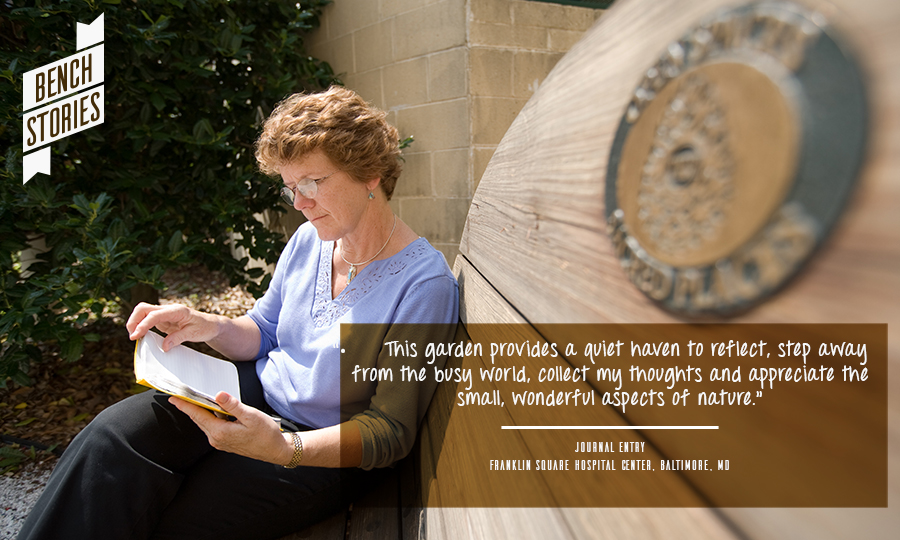Urban ecosystems include all the structures and functions around us: playgrounds and offices, highways and sanitation facilities, private backyards and urban wildlife, even you and your immune system.
Cultivating a low stress lifestyle amongst all this bustling life can be challenging. Public parks and street trees in your neighborhood contributes to not only a healthy urban ecosystem but healthy immune systems for each of us. Nearby nature spaces provide opportunities to enjoy natural scenery, relax, sit quietly, commune with others, meditate, pray, or self-reflect.
Immune System Health
Your body is a system of biological structures and processes. Swirling around each of us are viruses, parasites and diseases with the potential to cause disruption to this system. One of the chief functions of the immune system is to ward off such infectious disease, protecting the body from bacterial, parasitic, fungal, and viral infections. The immune system also assists in wound healing and tumor cell destruction, is suspected to play a role in ADHD and migraines, and governs inflammation, implicated in allergies, anxiety disorder, eczema, and a diversity of other health care needs.
As you age, your immune system weakens and your body becomes more susceptible to infections. People 65 and older are at risk for flu-related deaths and slower wound healing. The immune system has a tough job keeping our bodies in balance, day-in and day-out.
The common advice to boost your immune system includes a balanced diet (with attention to foods that effect white blood cell count), adequate exercise and sleep, and cultivating a low stress lifestyle.
Experience Awe
“People who experience awe more frequently have lower levels of pro-inflammatory proteins in their body,” says Jennifer E. Stellar, Ph.D., a researcher at the University of Toronto. Short-term inflammation helps your body fight invading germs, but persistent inflammation has negative effects on health and immunity.
In a recent study in the journal Emotion, Stellar and colleagues found that students who experienced positive emotions—especially awe—had the lowest levels of a protein called interleukin-6, a marker of inflammation. A variety of experiences, from gazing at art to attending a symphony to touching an giant tree, can conjure up a feeling of awe1.
Experience Nearby Nature
Research continues to expand on the mental and physical health benefits of spending time in nature. We are less stressed, more focused, and generally happier when we spend time in the outdoors. Urban green spaces, especially those small pockets of green you find hidden among your neighborhood, can provide a moment of peace and quiet.
Meditate and Relax
We know exercise provides innumerable benefits, but so does pausing to appreciate your surroundings and breathing with purpose. In studies investigating benefits of meditation, the list continues to grow2:
-Lowered heart rate and Improved respiration
-Improved blood pressure and metabolism
-Improved cognitive functions
-Longer attention spans and improved perceptual ability
-Improved memory, intelligence and empathy.
—–

